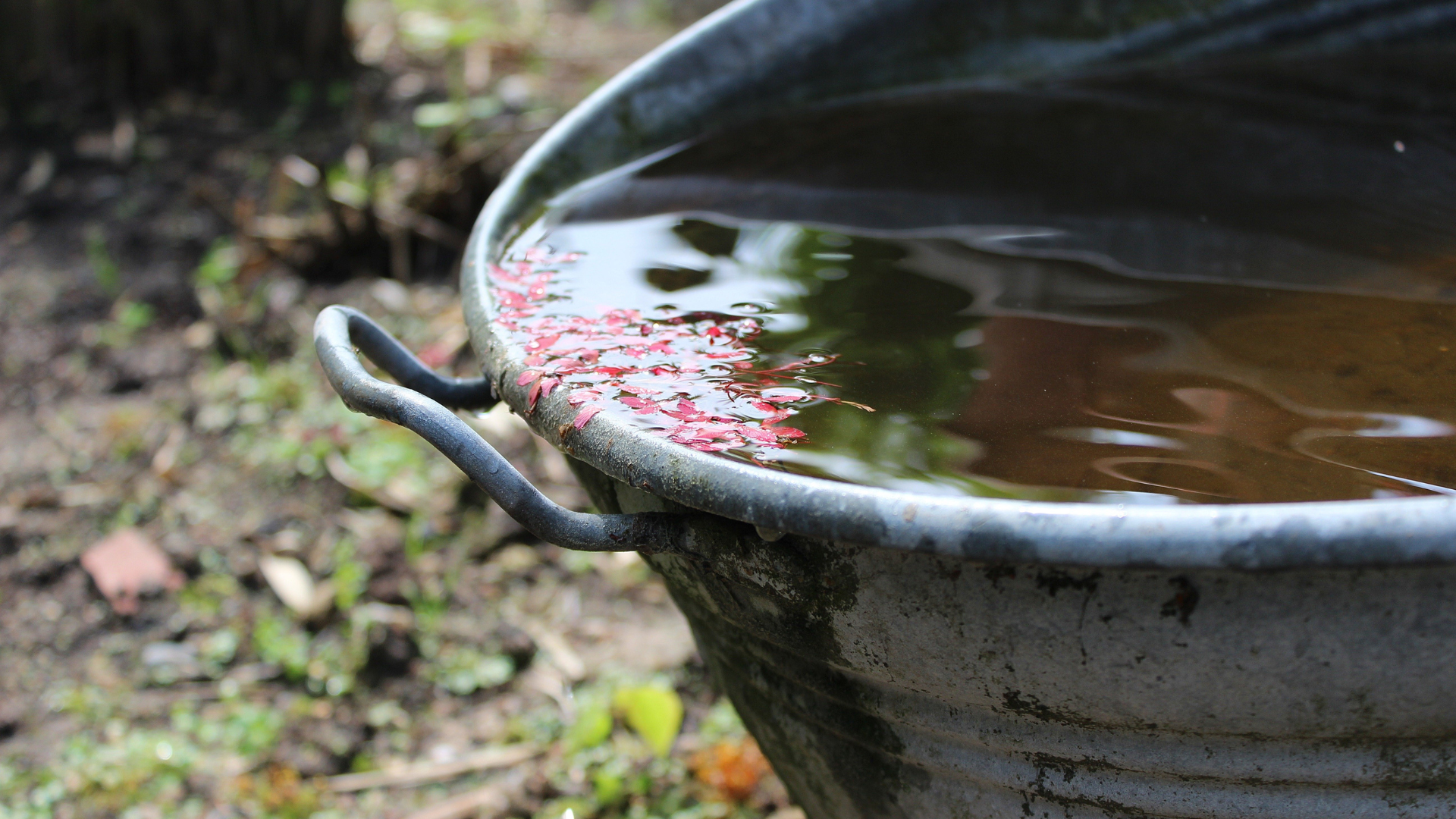As preppers, we know that it’s important to be prepared for any type of emergency. One of the most basic things you can do is collect and store rainwater. Not only is rainwater a valuable resource in its own right, but it can also be used to help your plants survive during a drought. With the right system, you can purify rainwater for plants so that the water is right to use and ensures their longevity.
Here are some tips on how to collect and store rainwater for your plant emergencies.
Purchasing or Making a Rainwater Collection System
First, you’ll need to set up a rainwater collection system. This can be done either in your backyard or on the roof of your house. You should make sure that the area is clear of debris and has good runoff channels so that water can easily flow into the collection tank.
You may need to buy materials to construct what you need to help collect the water coming down from the sky, but it will be worth it. The investment in water collection will protect your plants or crop, which might be your livelihood or simply necessary for your survival.
You will want to maintain your plants during drought still so that they are still worth money or worthy of eating. We can do this by prepping. Which, in this case, is about collecting the falling rainwater that is falling rather than allowing it to hit the group and be lost when we might one day need it.
Storage Tank
Next, you’ll want to choose a storage tank that is big enough to hold the amount of rainwater you need. Make sure that it is made out of food-grade material so that it won’t contaminate your water supply. You should also check with local codes and regulations to make sure that storing rainwater is legal in your area.
You will still need to be particular about the quality of the water you are keeping because it is important when the plants are to be eaten or need pure water to help them grow and prosper. Think about your plants like they are a human and you cannot go wrong.
Cleaning and Purification
You’ll also need to make sure that your rainwater is purified enough to water plants with and safe enough to drink. To do this, you can use a home water recycling system or chemical purification tablets. Once your water is clean, it should be stored in an airtight container and kept in a cool place.
Necessary Repairs
When preparing to store rainwater for emergency purposes, conducting thorough inspections and necessary repairs is of utmost importance. Start the process by thoroughly examining the roof of your home for the presence of any cracks or holes as they can potentially lead to rainwater seepage. If you find any of these issues, have them repaired by hiring a roofing contractor. In case, you are unable to find one, explore the internet to Learn more about roofing services in Naples, Florida (or wherever you are based). Once your roof is fortified, shift your attention to the integrity of your rainwater collection tanks, gutter systems, and downspouts. Look out for cracks, leaks, or any signs of damage that may compromise the storage capacity or contaminate the collected water.
Addressing these issues promptly can save you from potential problems during critical situations. Additionally, after you start using it, if you encounter any plumbing problems such as leaky connections or a burst pipe, it’s crucial to call in a burst pipe plumber or a similar plumbing professional to promptly resolve the issue and safeguard your rainwater storage setup. Keeping your rainwater storage and delivery system in optimal condition will be your saving grace when you suffer an emergency and need clean water instantly.
Using Rainwater
Decide how you are going to use your rainwater in an emergency. You may want to use it for drinking, watering plants, or even showering. Make sure that you have enough stored up so that you won’t run out in case of a prolonged drought. Think about the cleanliness and purity of the water when it comes to what purpose it can be used for. The best approach might be a flexible one which means the water would be good enough to drink. Then it will be good for everything or everyone.
Maintenance
Finally, you’ll need to maintain your rainwater collection system. This includes regularly cleaning and checking for any signs of leaks or damage. If you detect any problem with your plumbing system, contact a professional specializing in plumbing services Charlottesville (or wherever you are located) as soon as possible in order to prevent water loss.
Conclusion
By following these tips, you can easily set up a rainwater collection system that will help you survive during an emergency or drought situation. Storing rainwater is an essential prepping skill, so be sure to make it a priority. With proper maintenance and care, your system will provide you with a reliable source of clean water that can help you stay safe in times of need.
